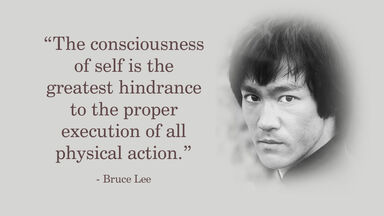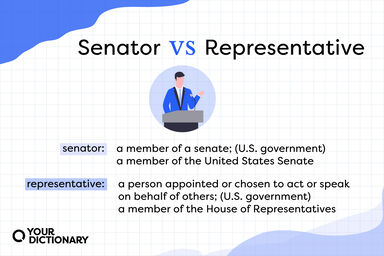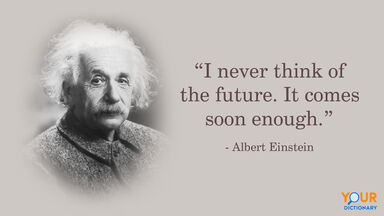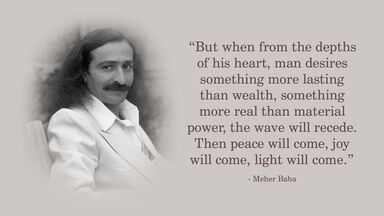The Sassanid Empire, indeed, is completely dominated by this formalism and ritualism; but the earlier testimony of Darius in his inscriptions and the statements in Herodotus enable us still to recognize the original healthy life of a religion capable of awakening the enthusiastic devotion of the inner man.
Mention may be made of a few more moral treatises such as the Ufa poceiintei, " Gate of Penitence " (Kronstadt, 1812); Oglinda omului din eiuntru, " The Mirror of the Inner Man "; or Pilde filosofesti, " Philosophical Saws and Maxims " (Tirgovishtea, 1715).
Those were not the things that dealt fatal or even devastating blows to his inner man.
But the inner man is incarcerated in unredeemed flesh.
The organizers have not forgotten the " inner man " as " only well-fed people will feel themselves at home " .





